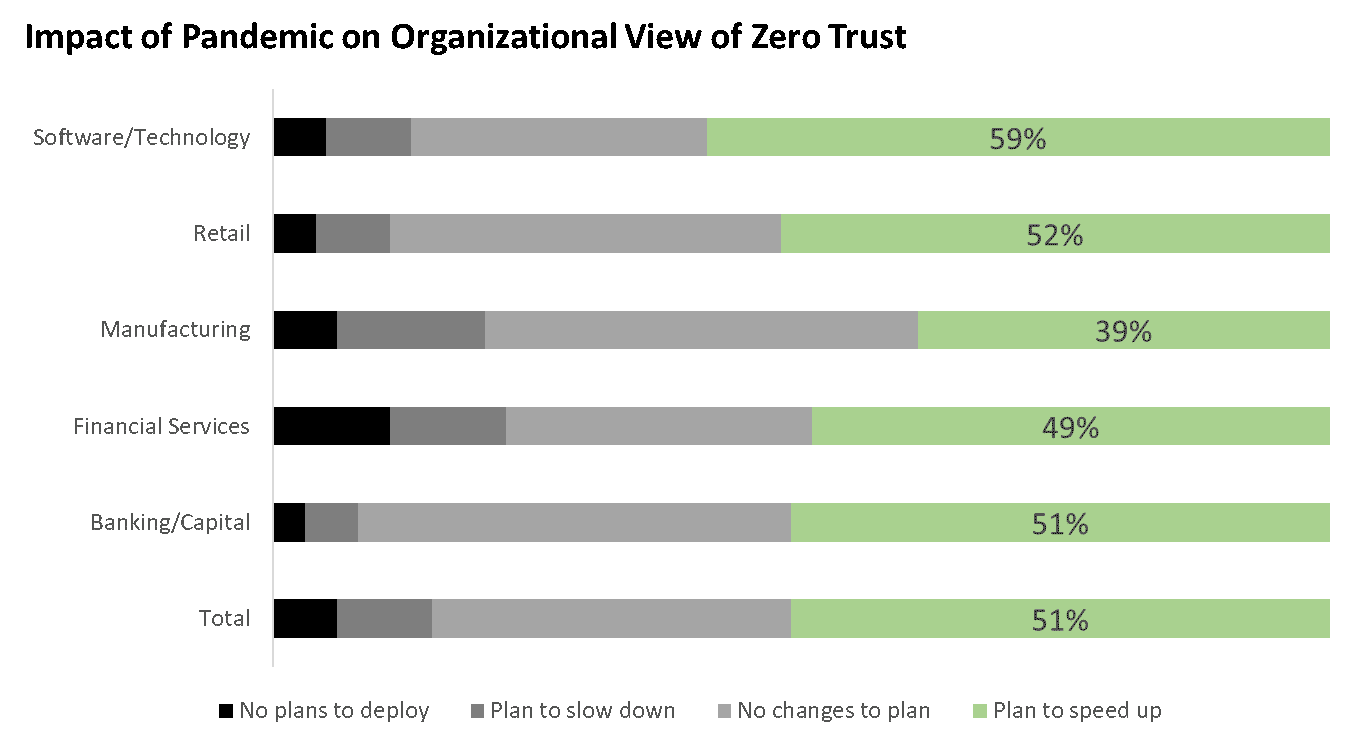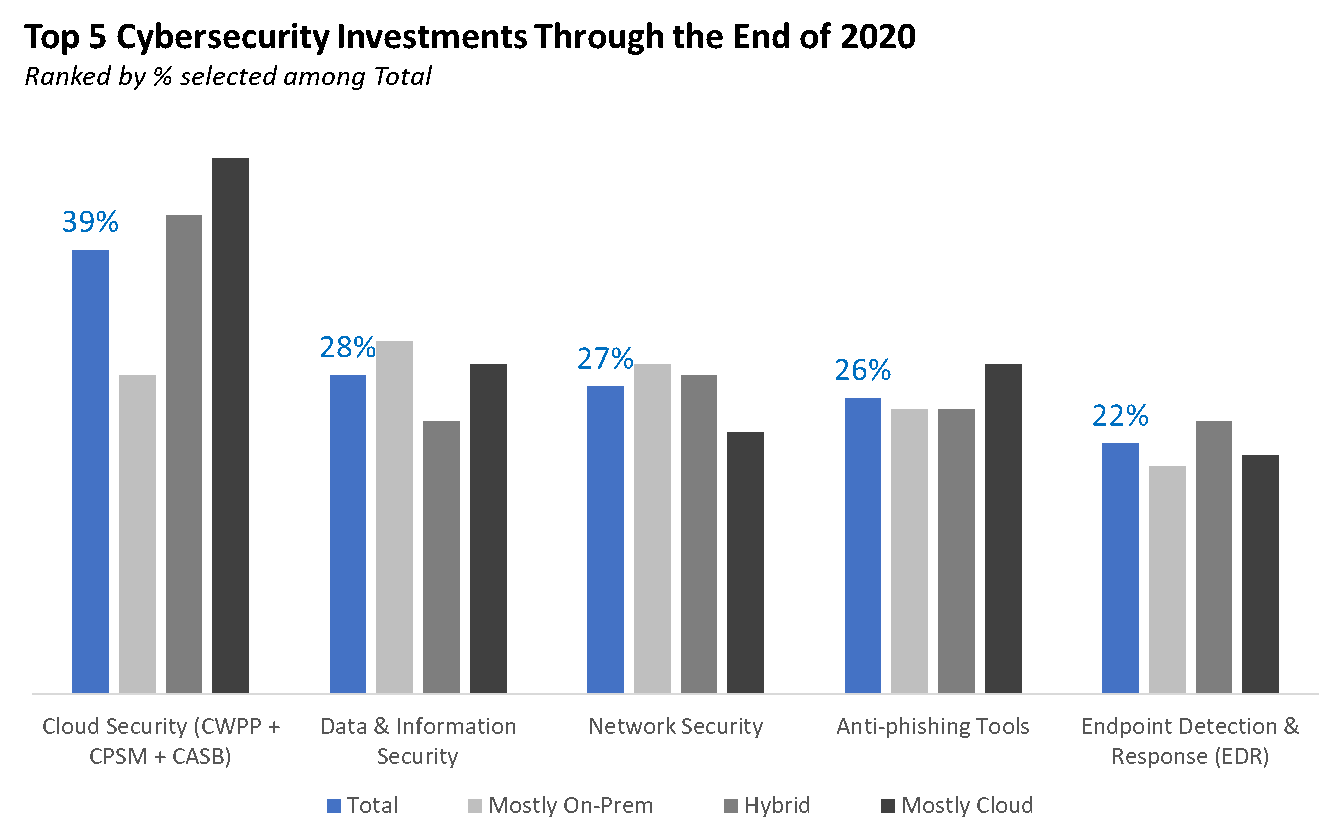5 Ways the Pandemic is Changing Cybersecurity Long-Term
by Evan Marcks | Jan 11, 2021
- Security has proven to be the foundation for digital empathy in a remote workforce during the pandemic. When billions of people formed the largest remote workforce in history, overnight, teams learned much more than how to scale Virtual Private Networks. Companies were reminded that security technology is fundamentally about improving productivity and collaboration through inclusive end-user experiences.
- Everyone is on a Zero Trust journey. Zero Trust shifted from an option to a business priority in the early days of the pandemic. In light of the growth in remote work, 51% of business leaders are speeding up the deployment of Zero Trust capabilities

- Diverse data sets mean better Threat Intelligence. The pandemic illustrated the power and scale of the cloud as Microsoft tracked more than 8 trillion daily threat signals from a diverse set of products, services, and feeds around the globe. A blend of automated tools and human insights helped to identify new COVID-19 themed threats before they reached customers – sometimes in a fraction of a second.
- Cyber resilience is fundamental to business operations. Cybersecurity provides the underpinning to operationally resiliency as more organizations enable secure remote work options. To maintain cyber resilience, businesses need to regularly evaluate their risk threshold and ability to execute cyber resilience processes through a combination of human efforts and technology products and services.
- The cloud is a security imperative. Where people often thought about security as a solution to deploy on top of existing infrastructure, events like Covid-19 showcase the need for truly integrated security for companies of all sizes. As a result, integrated security solutions are now seen as imperative.




